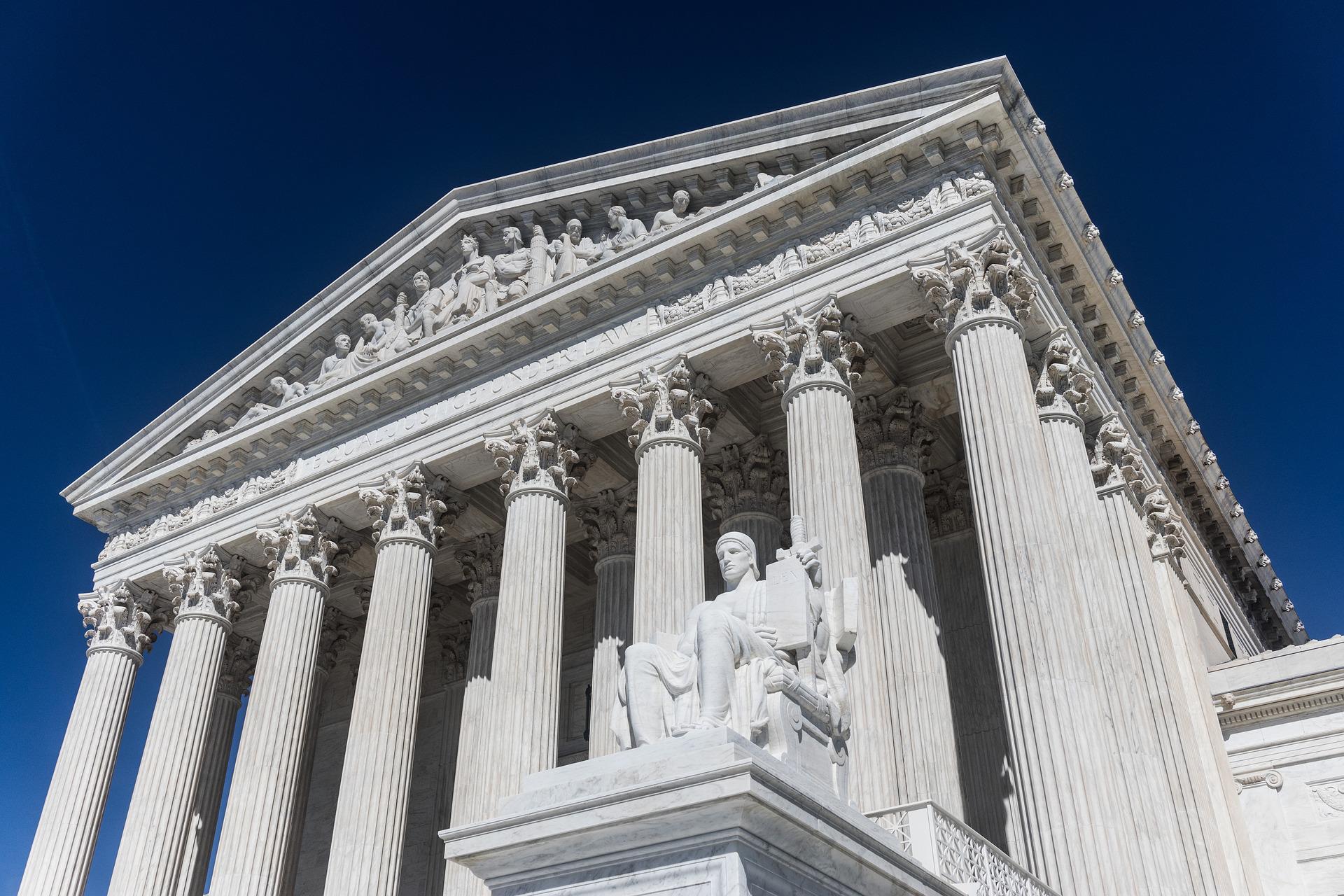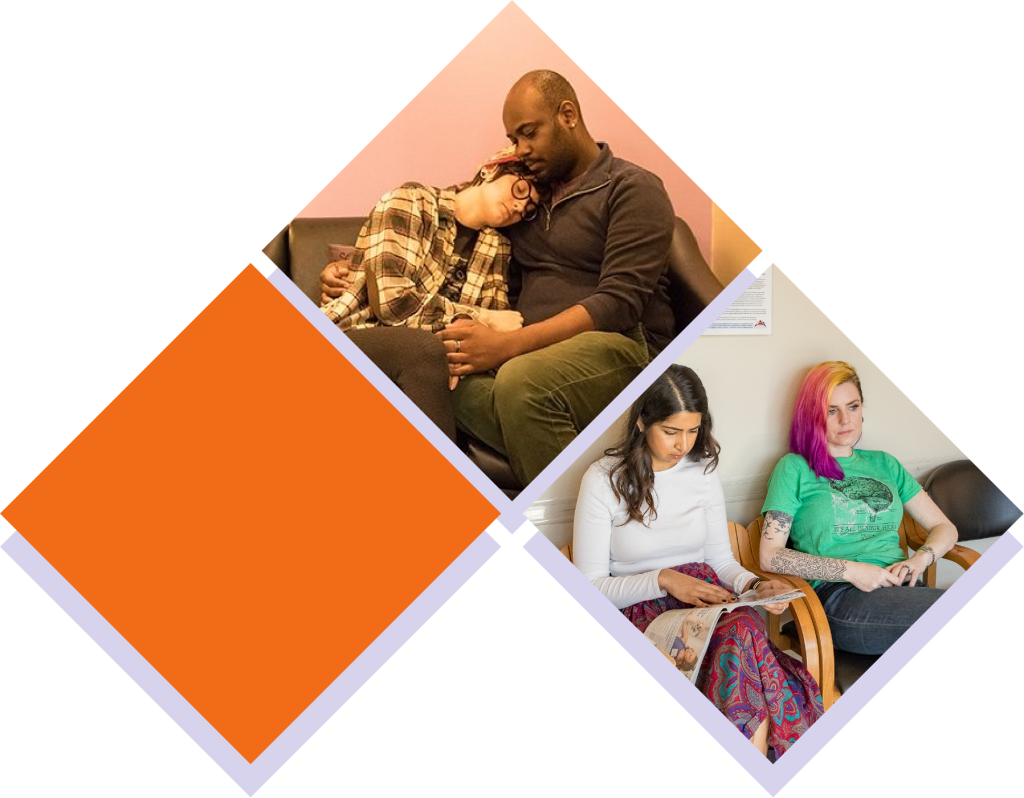June 24, 2024
CONTACT: [email protected]
Reproductive Rights Leaders Called for a “State of Emergency” for Reproductive healthcare in the Southeast due to disproportionate impacts in the region
Experts highlight disparities across region, service areas and disproportionate impacts of rural communities, communities of color, LGBTQ+ communities and more
Full press conference here
ATLANTA, GA – On the second anniversary of the fall of Roe v. Wade, Planned Parenthood Southeast was joined by leaders of Feminist Women’s Health Center, Medical Students for Choice, SisterSong and CARAFEM for empathic remarks on the shifted landscape of the past two years following the overturn of Roe v. Wade and the steps needed to protect the future of reproductive access. The leaders highlighted how the consequences of the Roe v. Wade decision have affected and continue to affect their service areas.
The Southeast is nearly blocked out of abortion care with complete bans or extremely restrictive bans preventing birthing persons from having access to their bodies. In addition, doctor shortages in these states only exacerbate the poor health conditions that already existed in crumbling state healthcare infrastructures.
Below are highlights from each speaker:
President and CEO of Planned Parenthood Southeast, Carol McDonald: “These restrictions are politically motivated, strategic, and intentional. They impact our lives and bodies and have large ripple effects that hit our entire healthcare system.”
Executive Director of Feminist Women’s Health Center, Kwajelyn Jackson: “We cannot allow the South to be abandoned at this moment. We can’t let our states wither on the vine. We need to put the most investment into the places where the work is the rockiest.”
Executive Director of Medical Students for Choice, Pamela Merritt: “We are in the midst of a manmade disaster to medical education. The most integral way that hospitals can provide care to communities (residents) is rapidly declining, particularly in under-resourced hospitals. The poorer the community, the more it needs residents.”
Georgia Coordinator, SisterSong, Danielle Rodriguez: “Roe was a beginning not an end. Reproductive care needs to transcend Roe v. Wade, we need to advocate for comprehensive reproductive justice that is connected to systemic oppression in all its forms.”
Medical Director of Planned Parenthood Southeast, Dr. Megan Cohen: “The South is the epicenter of the maternal mortality crisis. Abortion restrictions only serve to make this worse. Abortions are 14 – 100 times safer than giving birth in the United States.”
Alabama State Director, Planned Parenthood Southeast, Stephen Stetson: “The system in Alabama is broken. Discriminatory healthcare deserts are made worse due to a drop in residency applications, residents do not want to practice where a large chunk of their practice is against state law.”
Chief Operations Officer, CARAFEM , Melissa Grant: “We are continuing to work to put patients first in every situation we can. I was born in Texas. I was raised in Kansas and in Iowa — people in the midwest and South are suffering the most during this period of time. We need to change this…This is nothing I thought I would see in my lifetime – I’ve been working in this field for 35 years.”
Mississippi State Director, Planned Parenthood Southeast, Tyler Harden: “As Mississippi goes, so goes the nation…Mississippians deserve lawmakers who care about their health. The hypocrisy of anti-abortion lawmakers celebrating the Dobbs decision but ignoring the closure of rural hospitals is not lost on constituents. Maternal and infant mortality rates– especially amongst Black families–continue to skyrocket… Abortion healthcare is life-saving. For far too long, racism and patriarchy have been able to partner with stigma and shame to prevent access to abortion healthcare.”
The entire press conference is available for viewing here.
###
Feminist Women’s Health Center (FWHC) is a reproductive health, rights, and justice organization. We provide direct services, education, advocacy, leadership development, and movement building with people across all axes of oppression so that we have the rights, resources, and respect to make empowered, informed decisions about our own bodies and health.





